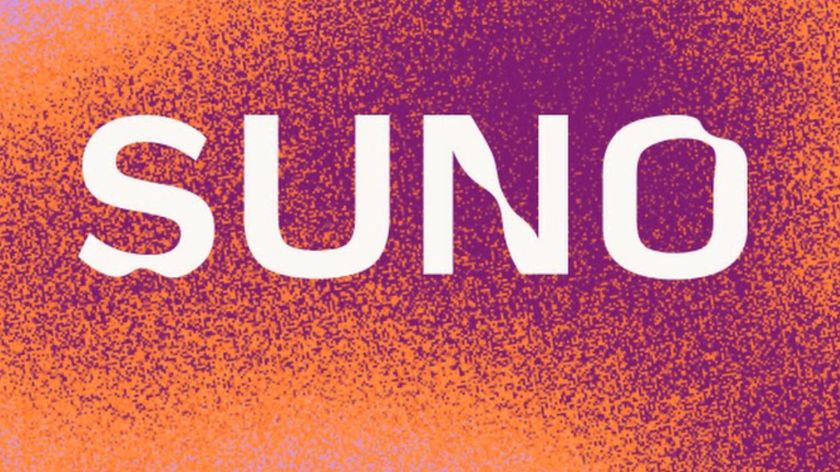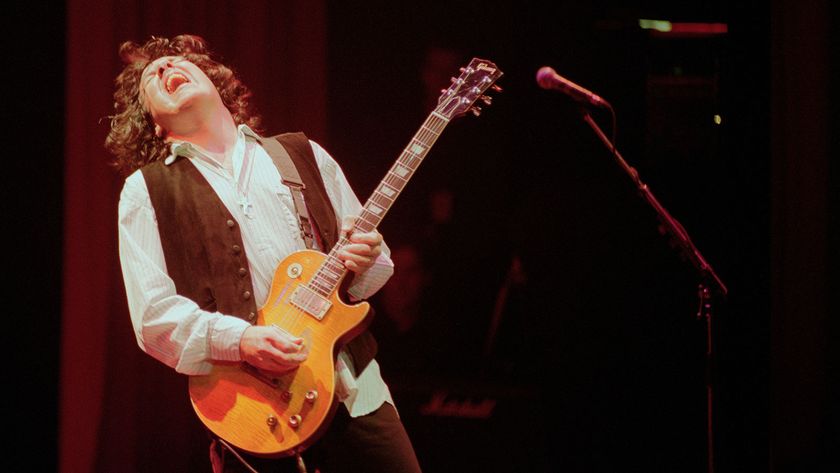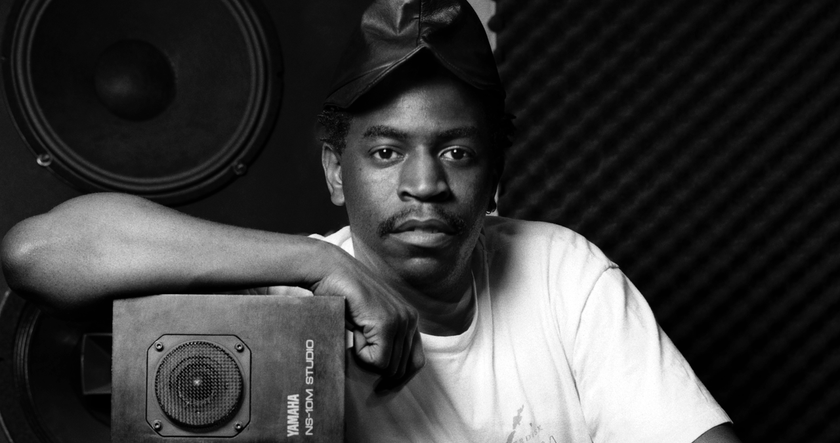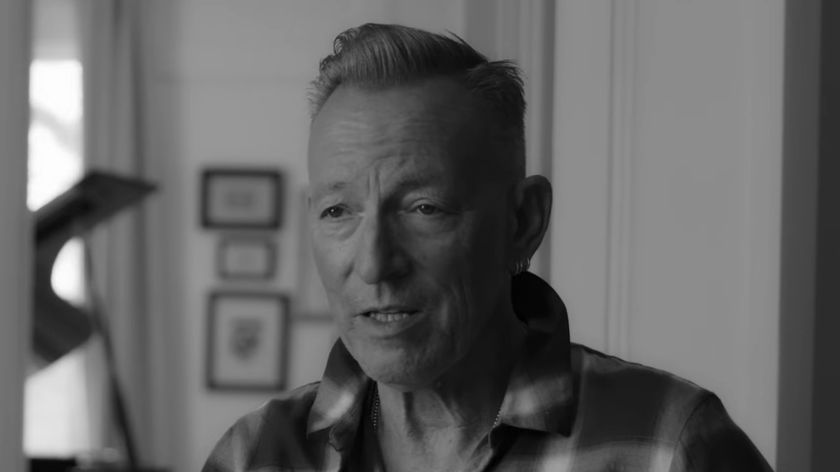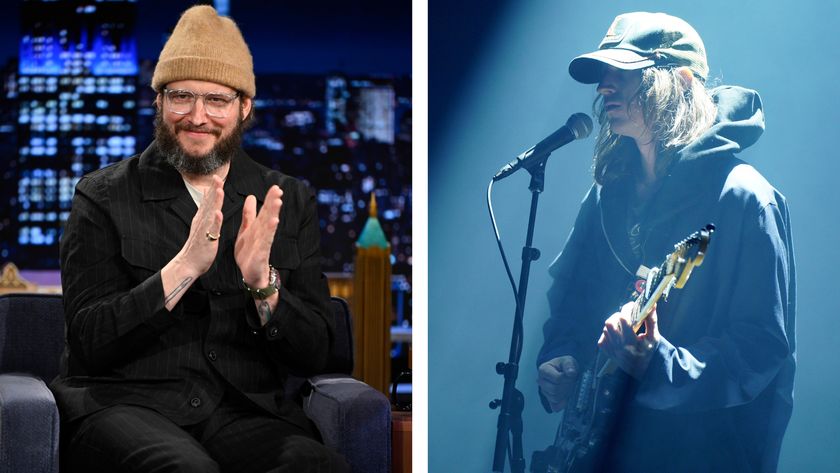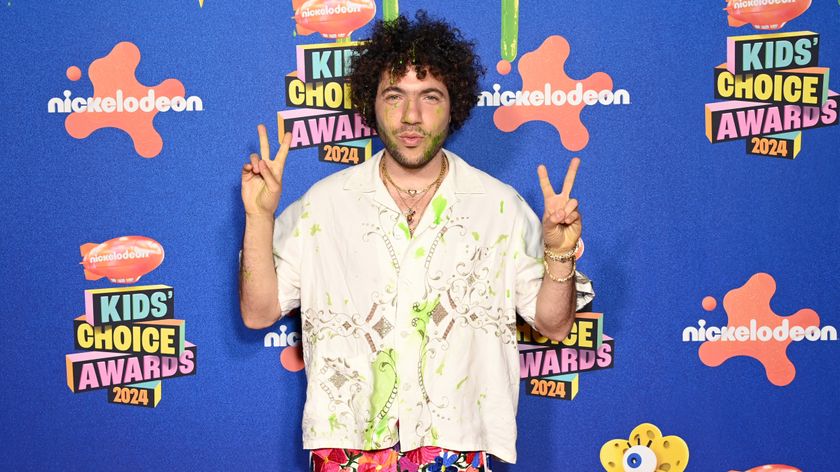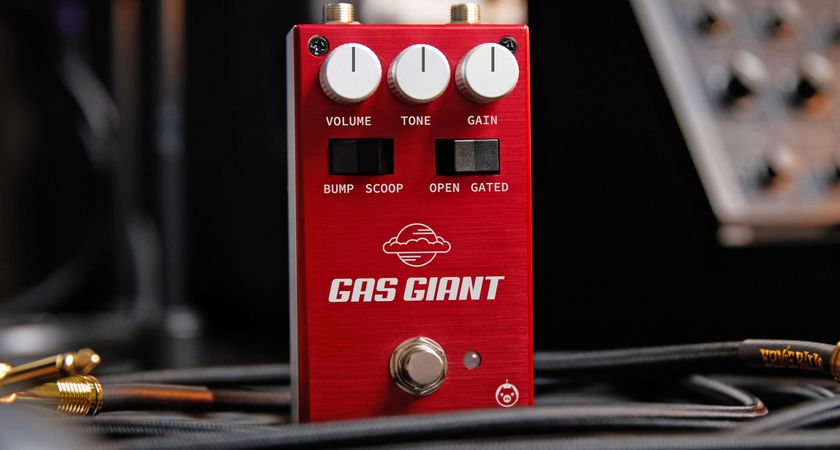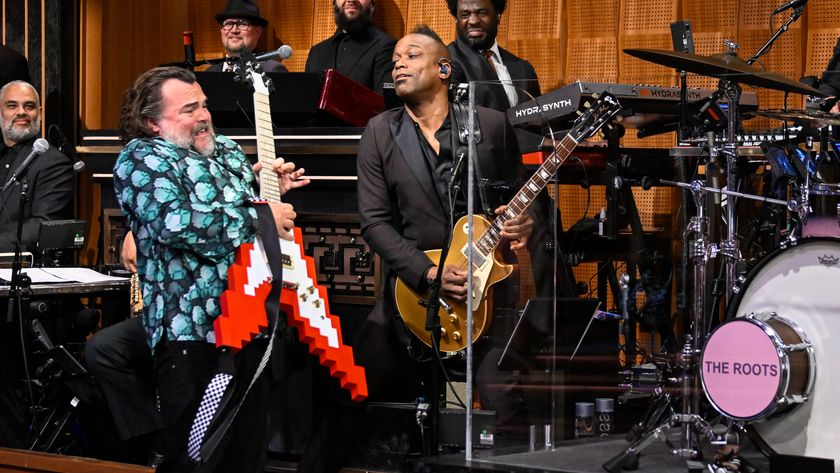"I never intended the statement to mean 'Paul McCartney quits Beatles'... It was all a misunderstanding. I just thought 'Christ, what have I done? Now we’re in for it'": The day the world learned the Fab Four were over
McCartney spilled the beans on this day in 1970
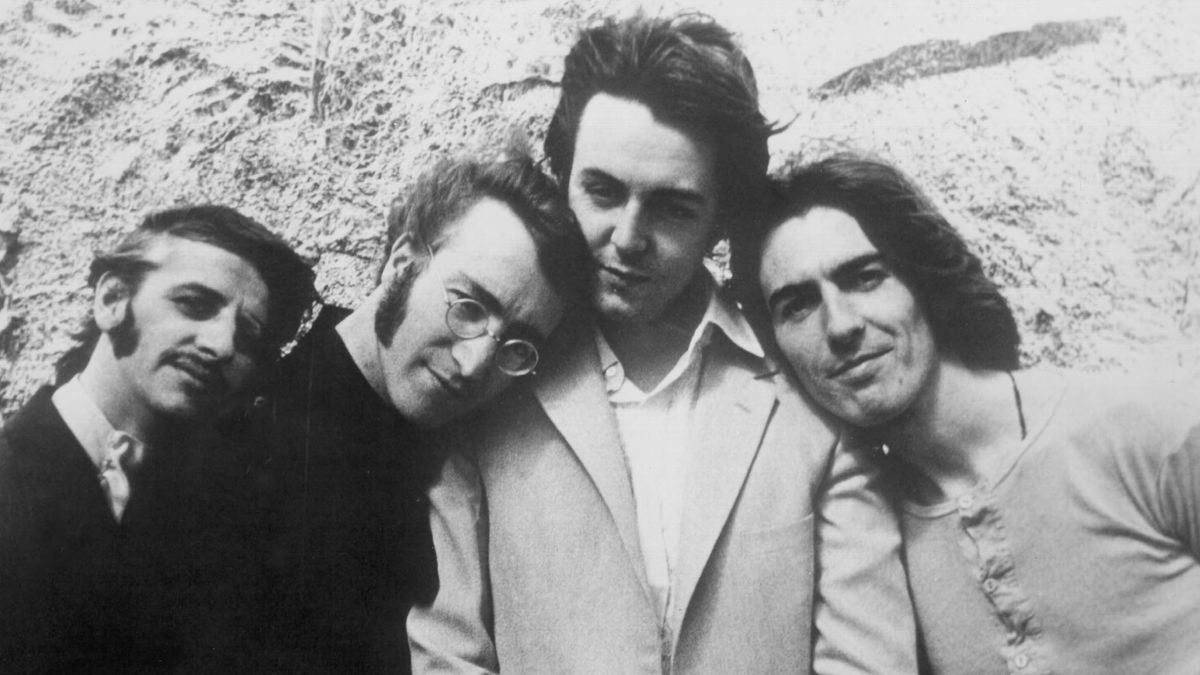
Though the split had already effectively happened, it was on this day, 10 April, in 1970 that the world finally knew - The Beatles were (almost certainly) over.
On 9 April, Paul McCartney's PR team sent out advance copies of his forthcoming solo debut, McCartney, with a press kit that featured a Q&A with Paul. You can read the full interview at The Paul McCartney project, but the key bombshell read...
Are you planning a new album or single with the Beatles?: No.
Is this album a rest away from the Beatles or the start of a solo career?: Time will tell. Being a solo album means it’s the start of a solo career… and not being done with the Beatles means it’s a rest. So it’s both.
Is your break from the Beatles temporary or permanent, due to personal difference or musical ones?: Personal differences, business differences, musical differences, but most of all because I have a better time with my family. Temporary or permanent? I don’t know.
Did you miss the other Beatles and George Martin? Was there a moment eg, when you thought ‘wish Ringo was here for this break? No.
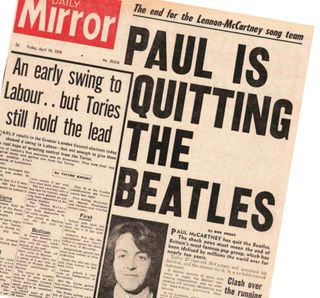
The following day, the papers - obviously - went big on the news, and the understandable hot-take was that Paul McCartney had quit The Beatles. Paul himself is said to have instantly regretted his interview.
Get the MusicRadar Newsletter
Want all the hottest music and gear news, reviews, deals, features and more, direct to your inbox? Sign up here.
"It was all a misunderstanding," he told The Evening Standard two weeks later. "I just thought 'Christ, what have I done? Now we’re in for it', and my stomach started churning up. I never intended the statement to mean 'Paul McCartney quits Beatles."
When approached for comment on the day of the reveal, Lennon responded, in typically acerbic mode, "It was nice to find that he was still alive. Anyway, you can say I said jokingly, 'He didn't quit, I sacked him!'".
George Harrison, as so often, kept his counsel, refusing to comment, while Ringo Starr played dumb, saying it was “all news” to him.
I was cursing because I hadn’t done it. I wanted to do it; I should have done it... I think he claims that he didn’t mean that to happen, but that’s bullshit
John Lennon
Years later, according to The Beatles: Off the Record, Lennon revealed: "I was cursing because I hadn’t done it. I wanted to do it; I should have done it. ‘Ah, damn, shit! What a fool I was’… We were all hurt that he didn’t tell us what he was going to do. I think he claims that he didn’t mean that to happen, but that’s bullshit."
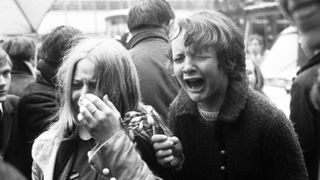
Apple, in the eye of the storm, released the following Derek Taylor penned release at the end of the day.
"April 10 1970: Spring is here, and Leeds are playing Chelsea tomorrow, and Ringo and John and George and Paul are alive and well and full of hope.
The world is still spinning and so are we and so are you.
When the spinning stops – that’ll be the time to worry. Not before.
Until then, the Beatles are alive and well and the beat goes on. The beat goes on."
This lyrical take on the day's events is sharply at odds with another hastily issued Apple statement, released on behalf of Lennon, Harrison and Starr, which read “They do not want to split up, but the present rift seems to be part of their growing up. ... At the moment they seem to cramp each other's styles. Paul has called a halt to the Beatles' activities. They could be dormant for years.”
Cue 50 years of he-said, she-said speculation and recrimination, at least amongst the fans and press, a decades-long autopsy in no way foreshortened by Paul's early attempts at damage control.
Speaking to The Evening Standard 11 days after the initial media storm triggered by his release, McCartney made the point that the fab other three had already walked out at different points. "The real break-up in the Beatles was months ago. First Ringo left when we were doing the White Album, because he said he didn’t think it was any fun playing with us anymore. But after two days of us telling him he was the greatest drummer in the world for the Beatles, which I believe, he came back.
"Then George left when we were making Abbey Road because he didn’t think he had enough say in our records, which was fair enough. After a couple of days, he came back.
"And then last autumn I began to feel that the only way we could ever get back to the stage of playing good music again was to start behaving as a band again. But I didn’t want to go out and face two hundred thousand fans because I would get nothing from it, so I thought up this idea of playing surprise one-night stands in unlikely places, just letting a hundred or so people in the village hall, so to speak, and then locking the doors. It would have been a great scene for those who saw us, and for us, too.
"So, one day when we had a meeting I told the others about my idea, and asked them what they thought of it.
"John said, “I think you’re daft.” I said, “What do you mean?” I mean, he is John Lennon, and I’m a bit scared of all that rapier wit we hear about. And he just said again, “I think you’re daft. I’m leaving the Beatles. I want a divorce.”
"Well, none of us knew what to do, but we decided to wait until about March or April of this year until our film, Let It Be, came out. But I was bored. I like to work, I’m an active person. Sit me down with a guitar and let me go. That’s my job.
‘Anyway, I hung on for all these months wondering whether the Beatles would ever come back together again… and let’s face it I’ve been as vague as anyone, hoping that John might come around and say, “All right lads, I’m ready to go back to work,” and naturally enough, in the meantime, I began to look for something to do. And the album, McCartney, turned out to be the answer in my case."
Over 50 years later, McCartney was still having to fight his corner in the blame game. Speaking on BBC Radio 4 in 2021, he insisted, “This was my band, this was my job, this was my life, so I wanted it to continue."
And when This Cultural Life interviewer John Wilson asked about the songwriter's decision to go solo, McCartney is very clear; “Stop right there. I am not the person who instigated the split.
"Oh no, no, no. John walked into a room one day and said I am leaving the Beatles. Is that instigating the split, or not?”
It was weird because we all knew it was the end of the Beatles but we couldn’t just walk away
Adding that the other members were then left to "pick up the pieces", McCartney reveals the confusion of who instigated the Beatles' 1970 split was due to Allen Klein, the band's new manager at the time following the death of Brian Epstein in 1967. McCartney hadn't been in favour of hiring Klein, but John Lennon, George Harrison and Ringo Starr had outvoted him. Klein instructed the four members to keep quiet about the news while he dealt with the business side.
“So for a few months we had to pretend,” McCartney explains to Wilson. “It was weird because we all knew it was the end of the Beatles, but we couldn’t just walk away.”
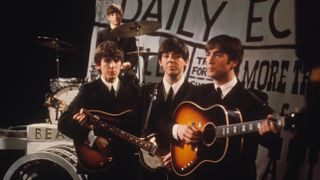

I'm lucky enough to be MusicRadar's Editor-in-chief while being, by some considerable distance, the least proficient musician on the editorial team. An undeniably ropey but occasionally enthusiastic drummer, I've worked on the world's greatest music making website in one capacity or another since its launch in 2007. I hope you enjoy the site - we do.
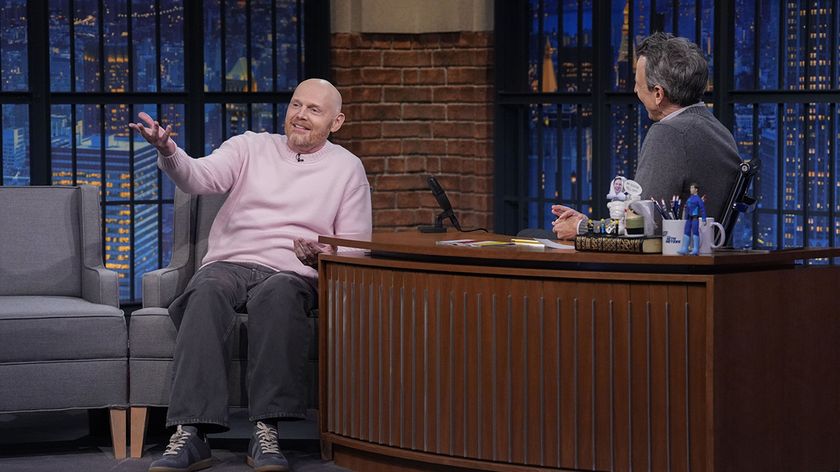
“I was like, ‘Man, I hated your band. You ended my thing’”: Bill Burr told Eddie Vedder that he hated Pearl Jam because they “knocked out” ‘80s hair metal
![James Hetfield [left] and Kirk Hammett harmonise solos as they perform live with Metallica in 1988. Hammett plays a Jackson Rhodes, Hetfield has his trusty white Explorer.](https://cdn.mos.cms.futurecdn.net/mpZgd7e7YSCLwb7LuqPpbi-840-80.jpg)
"I remember showing up at 10 or 11 in the morning and working on solos and that leading to two or three o’clock in the morning the next day”: How Metallica beat the clock and battled fatigue to create a poignant and pulverising anti-war epic
